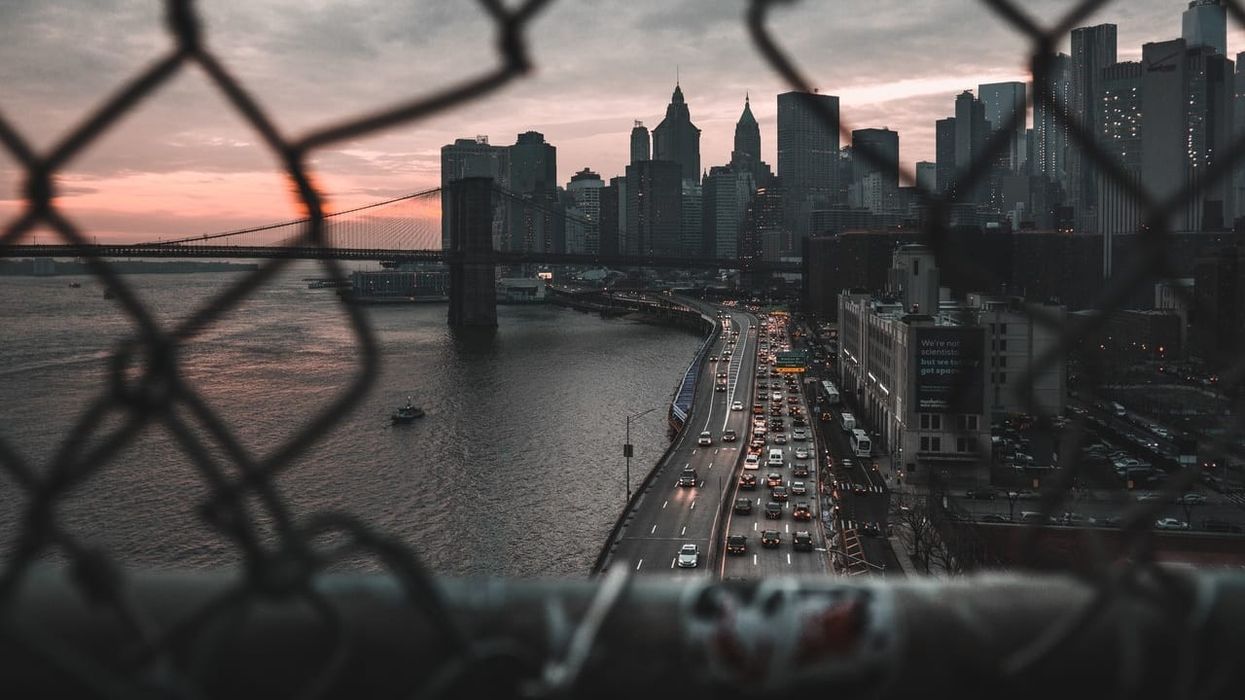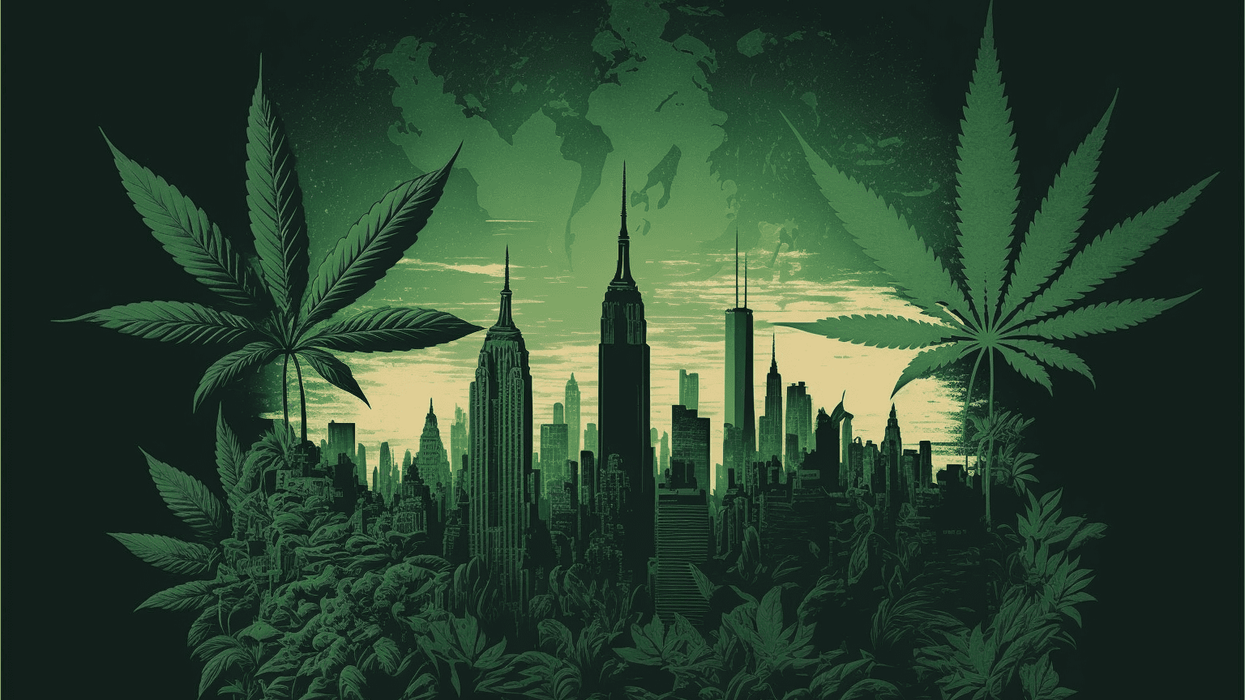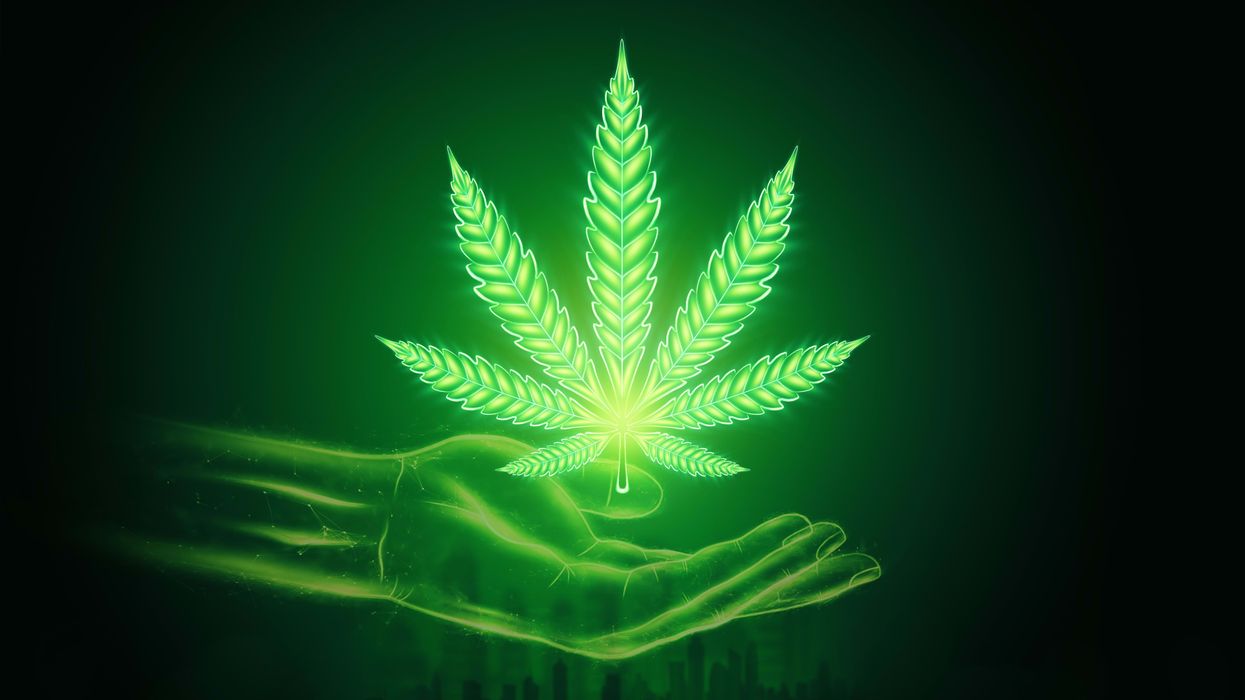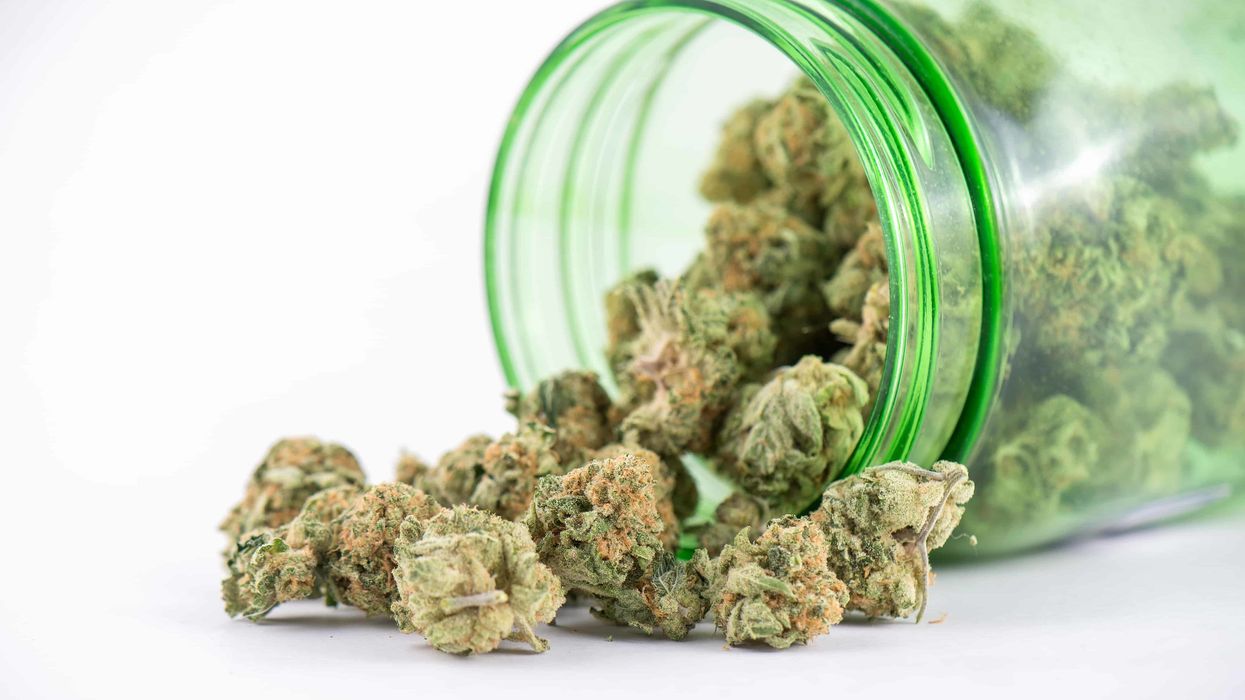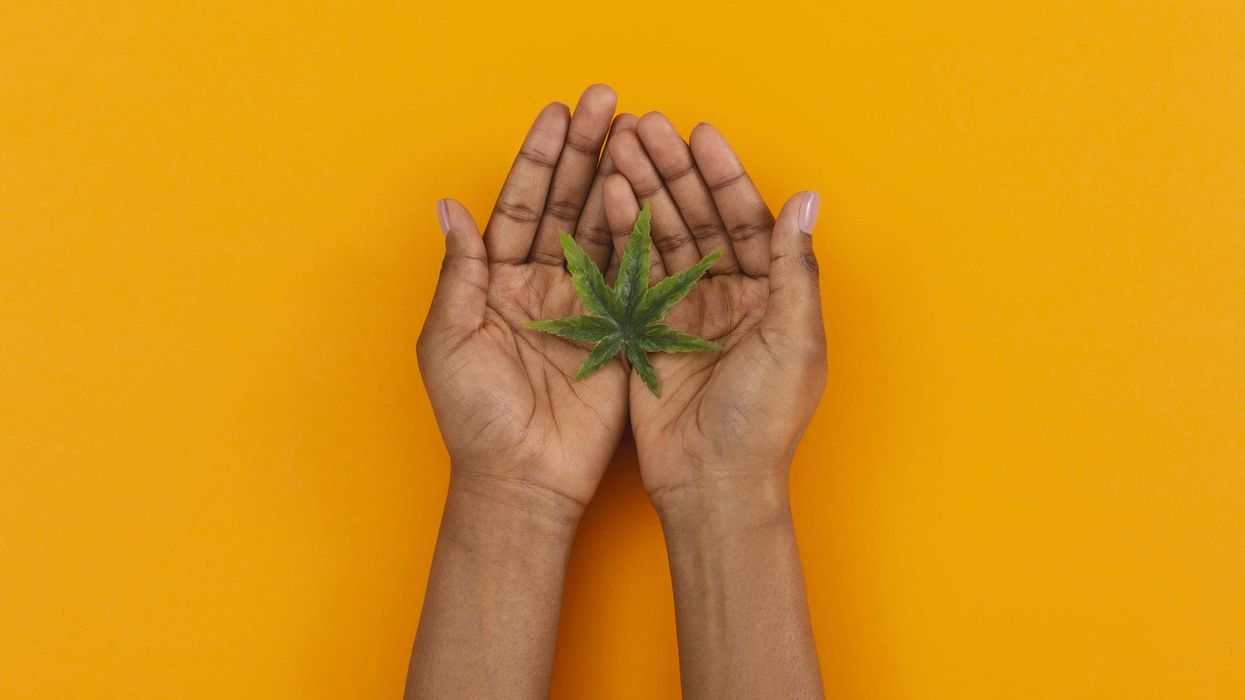New York is on the verge of cannabis legalization in 2021, which would be an exciting moment in the ongoing effort to legitimize cannabis.
Governor Andrew Cuomo (D) has been adamant about full, adult-use cannabis legalization in New York for the past two years. With COVID-19 wreaking havoc on the economy, he’s become even more vocal in his support for reform.
Cuomo has gone on to include language in his proposal that would establish an Office of Cannabis Management to oversee the adult-use program, as well as the state’s existing medical programs.
However, a proposed auction has cannabis advocates doing a double-take at Cuomo’s true intentions for the legal market.
While legalization is great news for cannabis business owners and consumers alike, entrepreneurs remain justifiably skeptical of the state’s government and how they’ll actually handle the legalization process when the time comes.
Cuomo’s Auction and the Negative Impact it May Have
After reviewing New York City’s FY 2021 executive budget, cannabis advocates are growing concerned that the “competitive bidding process” will prevent current legacy market players – many of who are minorities – from taking part in the legal industry.
“We know who has the funds to play this game, and it is not everyday New Yorkers,” states New Yorkers Against the Auction on their petition page.
“New York’s informal market is one of the most profitable, and the legal adult-use market is estimated to be the same. Wealth and ownership needs to stay in New York, with the people, not auctioned off to the highest bidder!”
The final decision for the auction will be made in April, and New Yorkers Against the Auction are encouraging anyone who cares to sign the petition, share their opinion, and encourage others to take action as well.
If the auction goes through, cannabis’s big-money players will have full reign over New York, leaving local legacy groups to pick up the leftover crumbs.
While many have raised concerns around auctioning cannabis licenses off to the highest bidder, other business owners feel optimistic about the proposed ideas, as long as the government is actually held accountable for the equity they seem to be promising.
“As far as the auction, it looks like it would only be for already pre-registered organizations and not new owners entering the market. If that is actually the case, then it can potentially be good, as the fees generated from the auction will go to the social and economic equity plan,” said an anonymous cannabis supplier based in New York who will be referred to as ‘Tom.’
Why Social Equity for New York Cannabis Matters
The need for social equity within the cannabis industry goes far beyond the need for equal representation for business owners. Cannabis equity would simply be the first step in necessary reparations the government has to make with New York’s Black and POC communities.
As recently as 2018, Black New Yorkers were eight times more likely to be arrested for low-level cannabis charges than white people (despite similar rates of use), and Hispanic/Latino New Yorkers were arrested at five times the rate of white people.
Although the police and government have attempted to deflect, the reality is that anti-cannabis laws in New York have been manipulated to target Black and POC residents for almost an entire century.
New Yorkers Want a Fair Chance to Participate in the Cannabis Industry
While it’s ideal for the auction’s proceeds to go to minority groups, selling off licenses to the highest bidder could effectively redline New York’s legacy cannabis crowd from becoming legitimate or ever having a real seat at the table in the industry.
However, many suppliers within the legacy market remain hopeful. Although they are rightfully reluctant to trust the government entirely, many still see this as an opportunity for minority entrepreneurs to get a leg up.
“These CEOs have already profited off the everyday people, and this can actually be a justifiable way to gain capital for new minority businesses,” Tom said.
“As in most politics though, corruption tends to seep through to even those highest in office, so we’re more interested to see who the Office of Cannabis Management is comprised of and if there are any special interests in their agenda.”
Can New Yorkers Trust the Establishment to Get This Right?
Despite adult-use cannabis being illegal in the state, the plant was decriminalized in 2019, making it a little bit easier for the unofficial market to flourish.
With legal sales on the horizon, many People of Color, who’ve been targeted by anti-cannabis laws for decades, are wary of the government’s intentions behind legalization.
“Cuomo’s auction proposal is the culmination of gentrification’s hold on drug policy-making. It’s always been a flagpole, but now it’s through the lens of the legal weed wave,” said an anonymous cannabis entrepreneur based in New York, who we’ll refer to as ‘Prince’.
“There are so many Black and Brown people behind bars that took the initiative to participate in the informal market but got their rights and freedoms taken away. It’s conniving and two-faced to then only offer these licenses to the highest bidders when smoking weed is now in vogue.”
Unfortunately, racism and classism have been intertwining pillars of New York City for as long as anyone can remember, and the entire War on Drugs has only exacerbated the problem. As these “unofficial” cannabis suppliers prepare for a legal market, they keep their own values and plans for the legal market in mind.
“Personally, I’ve tried to avoid the industry and instead focus on the community aspect of the weed market. I’m partial to the hand-to-hand/neighborhood plug exchange,” Prince said.
“These changes happening remind me of what Starbucks has done to coffee. Made it corny, and yet more expensive. When the market goes legal, I’ll still be sure to only buy weed from Black-owned hands.”
Cannabis-Infused Gentrification?
These impending changes to the market are ironically reflective of the overall problem that has plagued New York for decades now: gentrification.
At this point, every borough has been touched by gentrification, whether it be an overpriced new coffee shop on your street or new high-rise buildings coming up on seemingly every corner.
This process leaves low-income households, which tend to be People of Color, out in the cold, prioritizing the desires of the city’s middle-upper class, and it’s disturbingly reminiscent of Cuomo’s auction plan.
“Seeing the changes in cannabis culture is bittersweet, from having to evade authorities to cop an eighth of schwag to potentially being able to go into a store and calmly browse different strains,” Tom added.
“We embrace the change and know it will be a difficult road ahead to achieve our goal. The proposals set forth by the Cuomo Administration sound promising, but ultimately it is down to whether the people in position are held accountable. We are not too fond of government regulation, but if there is a reasonable compromise, it would be a step in the right direction.”
Want to throw your hat into the ring on this one? You can help by signing the petition, informing Cuomo that auctioning New York’s cannabis market to the highest bidders will never be equity.
Are you still missing out on The Bluntness newsletter? Sign Up today to stay in the loop.
